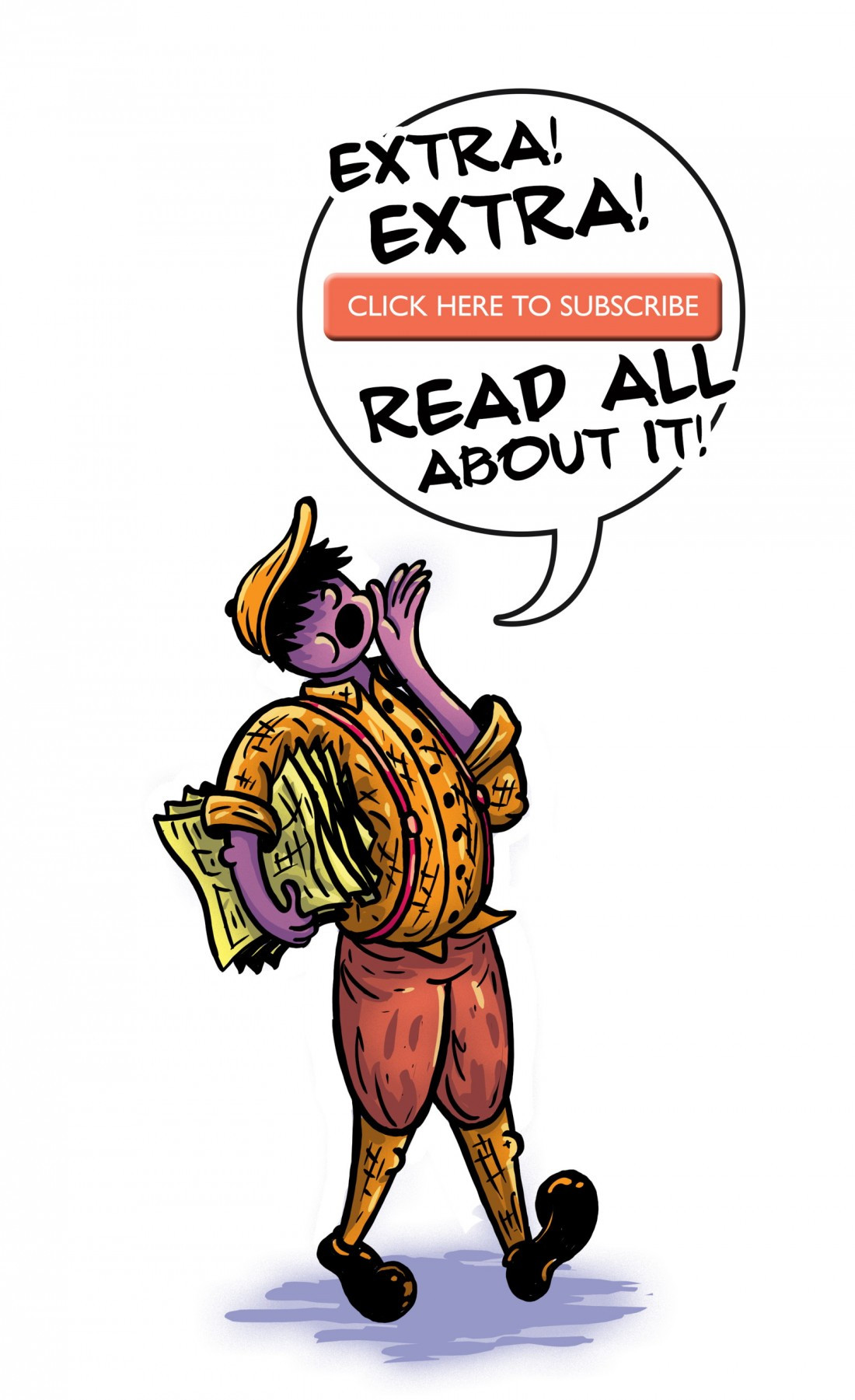Hello, we’re here to sell you
More to paywalls than meets the eye
Scott A. Ford
When the Winnipeg Free Press began rolling out a 27-cent paywall back in February, I learned that many of my friends and colleagues in the field don’t really know how their own factory works. And I can’t really blame them, because obviously they respect and appreciate journalism. That’s their sausage.
The pro-paywall argument usually goes like this: journalists work hard to provide a unique and valuable service to their readers. In order for that work to continue, readers need to pay their fair share. Bob Cox, the Free Press’ publisher, went so far as to pen an article with the headline, “Why pay for the Free Press? Because good journalism doesn’t come cheap.”
The problem here is that newspaper readers don’t pay for journalism. And they never have. Not your fault, don’t feel bad; that’s not your job.
According to 2014 financial statements from FP Newspapers Limited Partnership (the parent company of the Winnipeg Free Press and several other papers), newsprint and delivery expenses would have chewed up more than 90 per cent of overall circulation revenues, leaving a net profit of only $2.2 million.
Print advertising, meanwhile, brought in over $63 million.
Readers don’t fund journalism; advertisers fund journalism. Readers “pay” with their eyes and their attention, and advertisers pay, with cash, for their own small fraction of that attention. Make no mistake, journalism is not the product a newspaper sells: you, the reader, are.
Now, it is true that online advertising tends to earn less than print. You can charge a lot more for an ad in 1,000 newspapers than you could for an online banner with 1,000 views. This might have helped justify the Free Press paywall, if they weren’t one of the worst newspapers in Canada, consistently, when it comes to selling your attention online.
In 2014, the average Canadian daily paper earned 14.6 per cent of its ad revenue from the web. FP Newspapers earned 5.7 per cent – a new personal best, but still less than four-tenths of the national average. Despite operating one of the most popular websites in the country, with an average of a million page views per day, one Free Press vice-president remarked in an August interview with NiemanLab that “We could technically lose 50 per cent of our traffic and still serve every ad that we sold last year.”
At this point, losing only half of that online readership looks like a best-case scenario. The website’s traffic numbers have been in freefall since April, and at last report, out of roughly 150,000 accounts created only 2,200 new monthly subscribers and 1,300 pay-per-article subscribers have signed up.
Of course journalism is valuable, and of course journalists deserve to be compensated for the essential work they do in our community. But for the Winnipeg Free Press to insist that its readers are responsible for footing that bill betrays a stunning ignorance about what happens behind closed doors at the butcher shop.
Rob Holt is a digital monetization specialist, downtown resident and past Business Manager of The Uniter.
Published in Volume 70, Number 5 of The Uniter (October 8, 2015)






